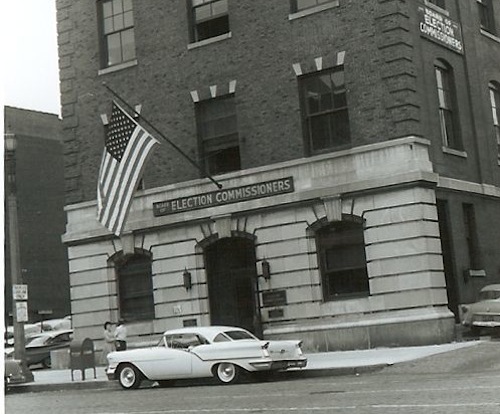I Was Partially Wrong About How Our Non-Partisan Elections Will Work
I try to avoid making mistakes, but it does happen. I like to verify information before publishing these posts, but when I didn’t get an answer from the St. Louis Board of Election Commissioners I should’ve looked harder to find the answer. My apologies if my mistake caused any confusion.

First, what I got right:
- Candidates for local office are no longer listed on the ballot by political party, all are independent. Thus, non-partisan.
- As independent candidates they can’t just pay a fee to their party of choice to get on the ballot — they must submit a petition signed by registered voters.
- Voters can vote for as many candidates as they like. Example: Three candidates for a race means a voter could select 0-3 of them.
What I got wrong:
- I knew that in a race with three or more candidates the top two in March would face each other in April. I incorrectly thought if one got 50% of the votes in March the race was over — WRONG.
The full petition behind Proposition D passed in November 2020 says:
“Notwithstanding any other provision of law to the contrary, in the primary election for the offices of Mayor, Comptroller, President of the Board of Aldermen, and Alderman, voters shall select as many candidates as they approve of for each office. The two candidates receiving the most votes for each office shall advance to the general election. The candidate for each office receiving the most votes in the general election shall be declared the winner.” [Emphasis added]
So what does this mean? In races with only one or two candidates on the ballot the March & April ballots for that race will look the same. In races with two candidates one might win in March but the other win in April. Most likely the March result will be similar to April.
The big difference will be seen in races with three or more candidates, like the 4-way mayoral race or 6-way aldermanic race in the 21st ward. In these races we know the election won’t be over in March with April only a formality. The month between the March primary and April general will determine the winner.
The candidate that comes in a close second place in March can win in April if they keep pushing and trying to win over voters who selected candidates that got eliminated by placing third or later.
Though I wish the language had been like I thought it was, I understand that would’ve been a lot more complicated of a change. I’m still glad Prop D passed.
I hope the next change is a thorough overhaul: Eliminate the March primary and have ranked-choice voting in April with ballot measures and school board races.
Again, my apologies for my mistake.
— Steve Patterson